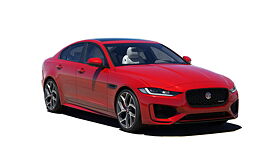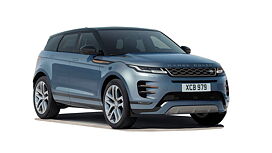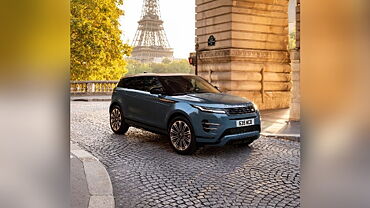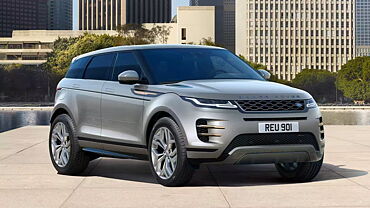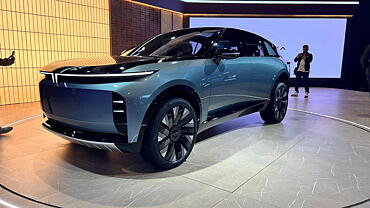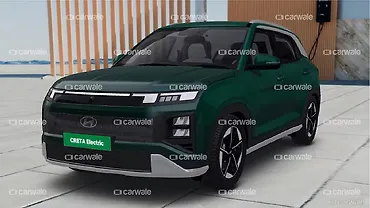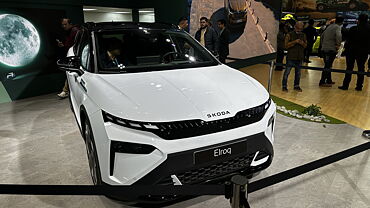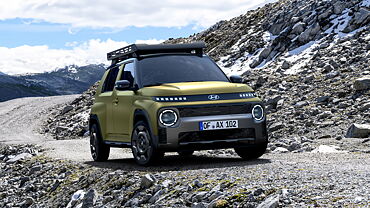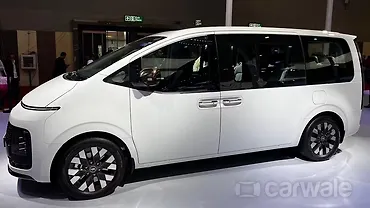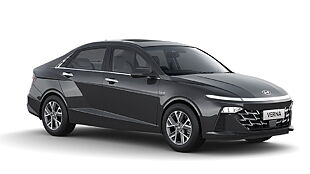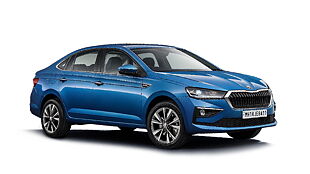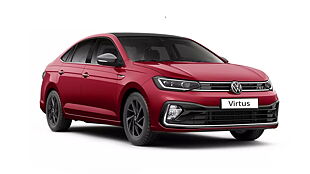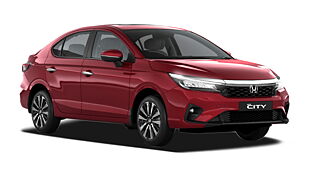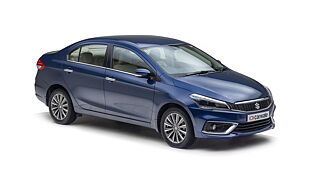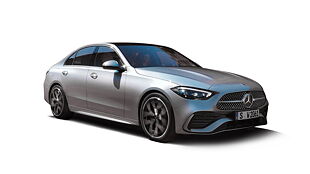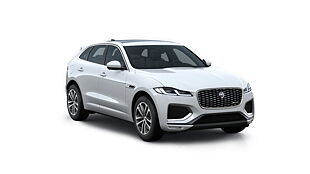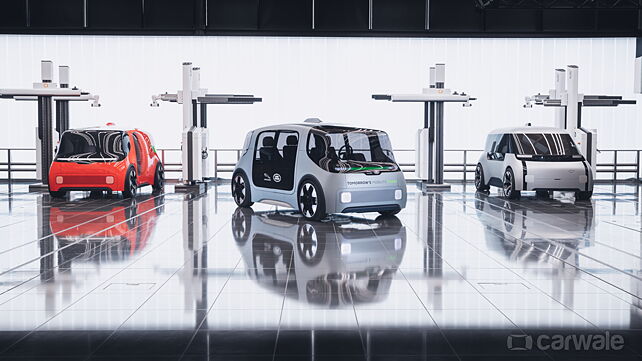
- Plans on taking the streets of Coventry by 2021
- Part of Jaguar Land Rover’s Destination Zero mission
Jaguar Land Rover has revealed a new concept today called the Project Vector. It is a part of the British carmaker’s Destination Zero initiative and offers a preview of an autonomous, electric, connected future for urban mobility. Road testing of the Project Vector concept is slated to begin in Coventry from late next year.

The autonomous-ready pod showcased here are multipurpose and scalable, claims the carmaker, which could be employed for multiple mobility purposes. The compact, flexible concept measures just four metres in length and is designed for the city, packaging all its battery and drivetrain components into a flat floor, to allow a variety of uses. There’s a range of seating configurations for private or shared use as well. And the large cabin space also provides an opportunity for commercial applications, such as last-mile deliveries.

Appearance-wise, these pods are very similar to the Volkswagen Sedric Concept with its boxy design and twin-sliding doors. There’s a minimalistic cabin on the inside and the steering wheel is present hinting that it is not yet Level 5 autonomous-ready. The Project Vector has been developed at the National Automotive Innovation Centre and is said to be in secret works for several years already. The project’s director is Dr Tim Leverton who was previously a chief engineer at Tata Motors and has worked on projects like the JCB Dieselmax record car and BMW’s original Rolls-Royce Phantom. The project has been financed by JLR but is open as a start-up company which also seeks outside investment.

Prof Sir Ralf Speth, JLR chief executive officer, commenting on the reveal, said, “Jaguar Land Rover understands the trends shaping modern societies. Project Vector shows Jaguar Land Rover as a leader in innovation to make our societies safer and healthier, and the environment cleaner. Through this project, we are collaborating with the brightest minds in academia, supply chain and digital services, to create connected, integrated mobility systems – the fundamental building blocks for Destination Zero”.


